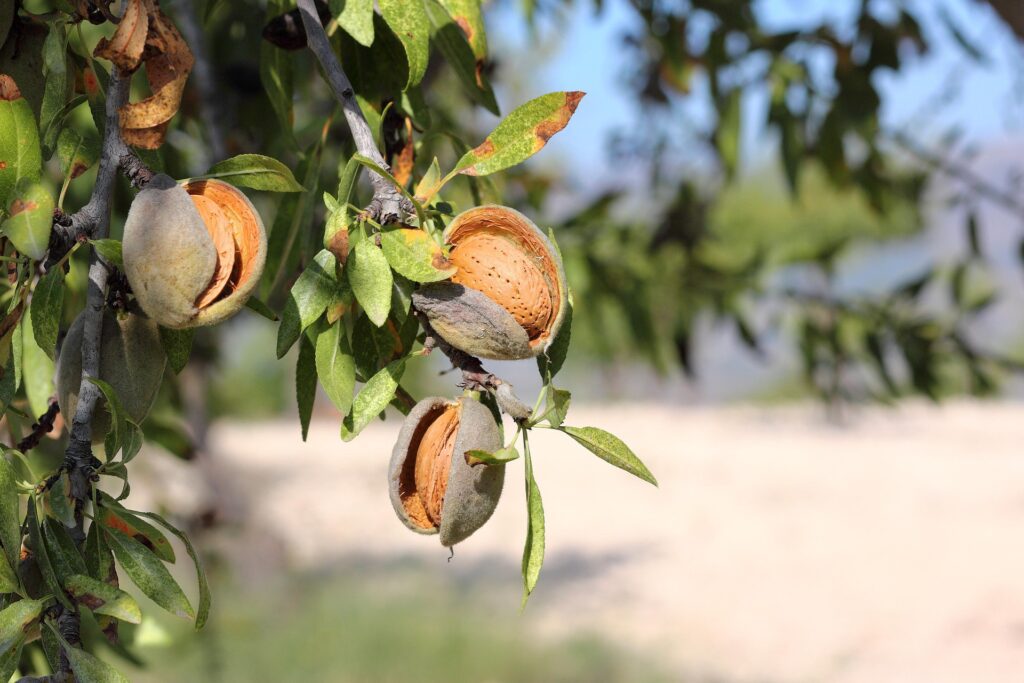Table of Contents
Introduction
Organic Farming Practices is not just an agricultural method; it represents a holistic approach to food production that emphasizes sustainability, health, and environmental stewardship. As the world increasingly recognizes the importance of sustainable practices in combating climate change and promoting health, organic farming has emerged as a beacon of hope. This blog explores how adopting organic farming practices can lead to personal fulfillment and professional success, making it a compelling choice for individuals seeking meaningful careers and lifestyles.Organic Farming Practices
1. Understanding Organic Farming
Definition and Principles
Organic farming is defined by its commitment to cultivating crops and raising livestock without synthetic fertilizers, pesticides, or genetically modified organisms (GMOs). The core principles of organic farming include:Organic Farming Practices
- Health: Emphasizing the health of the soil, plants, animals, and humans.
- Ecology: Fostering biodiversity and ecological balance.
- Fairness: Ensuring equitable relationships between farmers, consumers, and the environment.
- Care: Promoting sustainable practices that protect the planet for future generations.
These principles guide organic farmers in their daily practices, creating systems that are not only productive but also environmentally friendly.
Historical Context
Organic farming has its roots in traditional agricultural practices that predate industrialization. The movement gained momentum in the early 20th century as a reaction against the chemical-intensive methods introduced during the Green Revolution. Pioneers like Sir Albert Howard and Lady Eve Balfour laid the groundwork for modern organic agriculture by advocating for composting and crop rotation. Today, organic farming is recognized globally, with certification standards established to ensure integrity in organic labeling.Organic Farming Practices

2. Core Practices of Organic Farming
Soil Management
Healthy soil is the foundation of organic farming. Farmers employ various techniques to enhance soil fertility and structure:
- Composting: Recycling organic waste into nutrient-rich compost improves soil health.
- Crop Rotation: Alternating crops each season prevents nutrient depletion and reduces pest buildup.
- Cover Cropping: Planting cover crops during fallow periods protects soil from erosion and adds organic matter.
These practices not only enhance productivity but also contribute to long-term sustainability.
Pest and Weed Management
Organic farmers prioritize natural pest control methods over synthetic chemicals:
- Biological Pest Control: Utilizing beneficial insects like ladybugs or predatory wasps helps manage pests naturally.
- Integrated Pest Management (IPM): This holistic approach combines various strategies (cultural, biological, mechanical) to minimize pest damage while reducing chemical inputs.
Weed management in organic systems often involves mechanical weeding, mulching, and crop competition rather than herbicides.Organic Farming Practices
Crop Diversity
Diversity is a cornerstone of organic farming:
- Crop Rotation: Changing crops annually helps maintain soil fertility and disrupt pest cycles.
- Intercropping: Growing multiple crops together enhances biodiversity and can improve yields by maximizing resource use.
These practices lead to resilient farming systems capable of withstanding environmental stresses.


3. Benefits of Organic Farming
Environmental Impact
Organic farming significantly reduces environmental degradation:
- Chemical Reduction: By avoiding synthetic fertilizers and pesticides, organic farms minimize chemical runoff into waterways.
- Soil Health: Practices like cover cropping enhance soil structure, leading to better water retention and reduced erosion.
- Biodiversity: Organic farms often support greater biodiversity compared to conventional farms, contributing to healthier ecosystems.Organic Farming Practices
Health Benefits
The health implications of organic farming are profound:
- Nutritional Advantages: Studies suggest that organic produce may contain higher levels of certain nutrients due to healthier soil conditions.
- Reduced Chemical Exposure: Consumers benefit from fewer pesticide residues on their food, promoting overall health.Organic Farming Practices
Moreover, farm workers are less exposed to harmful chemicals, improving their well-being.
4. Personal Success through Organic Farming
Skill Development
Engaging in organic farming cultivates essential skills:
- Problem-Solving: Farmers must constantly adapt to challenges such as pests or weather changes.
- Critical Thinking: Evaluating different farming methods requires analytical skills and creativity.
These competencies are transferable to various personal and professional contexts.


Community Engagement
Organic farmers often become integral parts of their communities:
- Building Relationships: Engaging with local consumers fosters trust and loyalty.
- Farmers’ Markets: Participating in local markets allows farmers to connect directly with consumers while promoting their products.Organic Farming Practices
This community connection enhances personal satisfaction and reinforces the value of sustainable practices.
Sustainable Lifestyle Choices
Adopting organic farming practices aligns personal values with lifestyle choices:
- Healthier Living: Growing your own food or supporting local organic farms encourages healthier eating habits.
- Environmental Stewardship: Practicing sustainability fosters a sense of responsibility toward future generations.
These choices contribute to overall well-being and personal fulfillment.
5. Professional Success in Organic Farming
Market Demand
The demand for organic products continues to rise:
- Consumer Trends: Increasing awareness about health and environmental issues drives consumers toward organic options.
- Business Growth Potential: Entrepreneurs can capitalize on this trend by starting organic farms or businesses related to organic products.
Understanding market dynamics can lead to significant professional opportunities.
Career Opportunities
The field of organic agriculture offers diverse career paths:
- Farm Management: Overseeing operations on an organic farm requires knowledge of both agricultural practices and business management.
- Agronomy & Research: Scientists researching sustainable practices contribute to advancements in organic methods.
These roles are essential for advancing the field of sustainable agriculture.


Innovation and Technology
Modern technology plays a crucial role in enhancing organic farming efficiency:
- Precision Agriculture: Utilizing data analytics helps optimize resource use while maintaining sustainability.
- Sustainable Practices: Innovations such as vertical farming or aquaponics present new avenues for organic production.
Embracing technology can lead to improved productivity without compromising ecological integrity.
6. Challenges in Organic Farming
Economic Considerations
While there are numerous benefits, challenges exist:
- Higher Production Costs: Organic inputs can be more expensive than conventional alternatives.
- Lower Yields Initially: Transitioning from conventional to organic may result in lower yields during the initial years as soil health improves.
Farmers must navigate these economic realities while maintaining profitability.
Regulatory Hurdles
Navigating certification processes can be complex:
- Certification Standards: Understanding USDA or other certification requirements is crucial for marketing products as organic.
Compliance with these standards ensures consumer trust but can be time-consuming for farmers.
Conclusion
Organic farming practices offer a pathway to both personal fulfillment and professional success. By embracing sustainable methods, individuals can cultivate not only healthy crops but also meaningful lives rooted in community engagement and environmental stewardship. As we move forward into an era increasingly focused on sustainability, the principles of organic farming will continue to resonate deeply with those seeking purpose-driven careers and lifestyles.Organic Farming Practices
Pingback: "5 Proven Organic Farming Business Models: Powerful Success Stories and Lessons from Setbacks" - organic culture